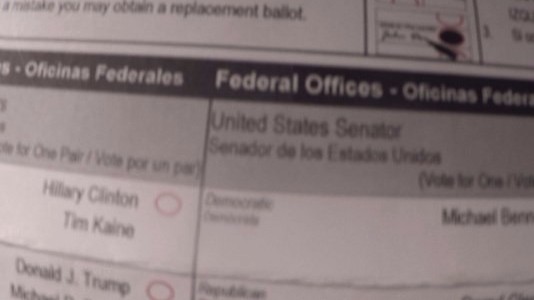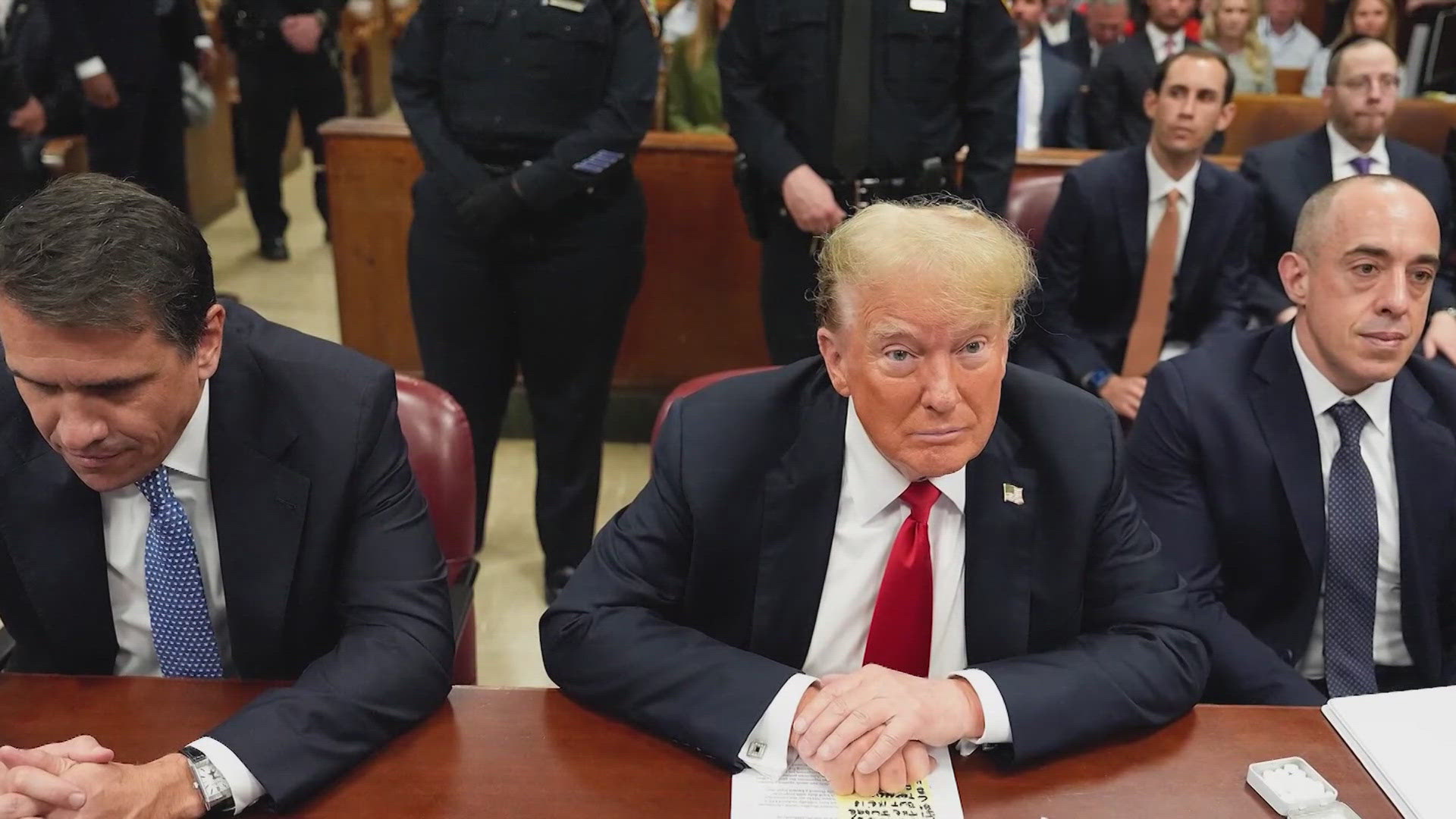KUSA – Coloradans can legally take photos showing their completed ballots thanks to a ruling Friday afternoon by U.S. District Court Judge Christine Arguello.
“By issuing an injunction in this case, Coloradans get what they are entitled to – clarity on an issue that implicates fundamental constitutional rights,” Arguello wrote in her 26-page order.
So, what does this mean?
It means you can’t be charged if you take a photo of your completed ballot outside of a polling place and share it.
But it doesn’t change the fact that you still can’t take a photo of your completed ballot inside a polling place.
That’s because the judge only blocked enforcement on part of the law.
Why didn’t she block the entire law?
There’s no statewide law about cameras in polling places. If a local jurisdiction prohibits them, it would be too much of a burden to change that this close to an election.
So, it could change in the future?
Yes. An injunction doesn’t overturn a law. It blocks its enforcement while the case works its way through the legal system.
It’s considered an extraordinary measure to address a pressing legal problem, and it means the judge believes the case is likely to succeed when it gets to trial.
Where did the ballot selfie law come from anyway?
Colorado passed a law way back in 1891 that made it illegal to share your completed ballot with other people.
The purpose of the law was to curtail vote buying. Coloradans were offered money, liquor and even pigs’ feet in exchange for their votes.
It became a ban on “ballot selfies” because Colorado and other states with similar laws interpreted them to mean it’s illegal to post or share a photo of how you voted.
What’s the penalty for violating Colorado’s “ballot selfie” law?
You could have faced up to a year in jail and a fine of up to $1,000.
That seems pretty serious. Why would a judge block a law meant to prevent voter fraud?
The defendants (Denver District Attorney Mitch Morrissey, Secretary of State Wayne Williams and Colorado Attorney General Cynthia Coffman) made this point during oral arguments.
They had an expert named Jeffery Zachs testify.
Zachs told the court vote buying or intimidation requires verification (i.e. knowing how someone voted).
“He admitted, however, that vote buying and voter intimidation largely disappeared during the twentieth century and there is currently no record of extensive vote buying,” according to the order.
So, it’s no longer a problem?
That’s not the court’s position.
“No one disputes that reducing the risk of voter fraud, including vote buying, vote selling, and voter intimidation is a significant government interest,” Arguello wrote. “The issue is whether [the law] is sufficiently narrow to serve that governmental interest.”
Arguello agreed with the plaintiffs that banning “ballot selfies” infringes on voters First Amendment rights to free speech.
That means if the government is going to ban the practice, it needs a superb reason.
And she’s not convinced the state has one.
Why not?
For starters, sharing a photo of your completed ballot doesn’t constitute voter fraud.
A fact she says is proven, in part, because both Morrissey and Coffman said they don’t prosecute people for posting “ballot selfies.”
Coffman told the court her office “has never charged anyone for taking a photograph or video of a completed ballot and posting it on social media,” and it “would not charge any such activity unless it were accompanied by evidence of vote buying, vote selling, coercion or any other type of undue influence.”
The judge interpreted that to mean sharing a photo of how you voted with your friends poses “no material public concern.”


